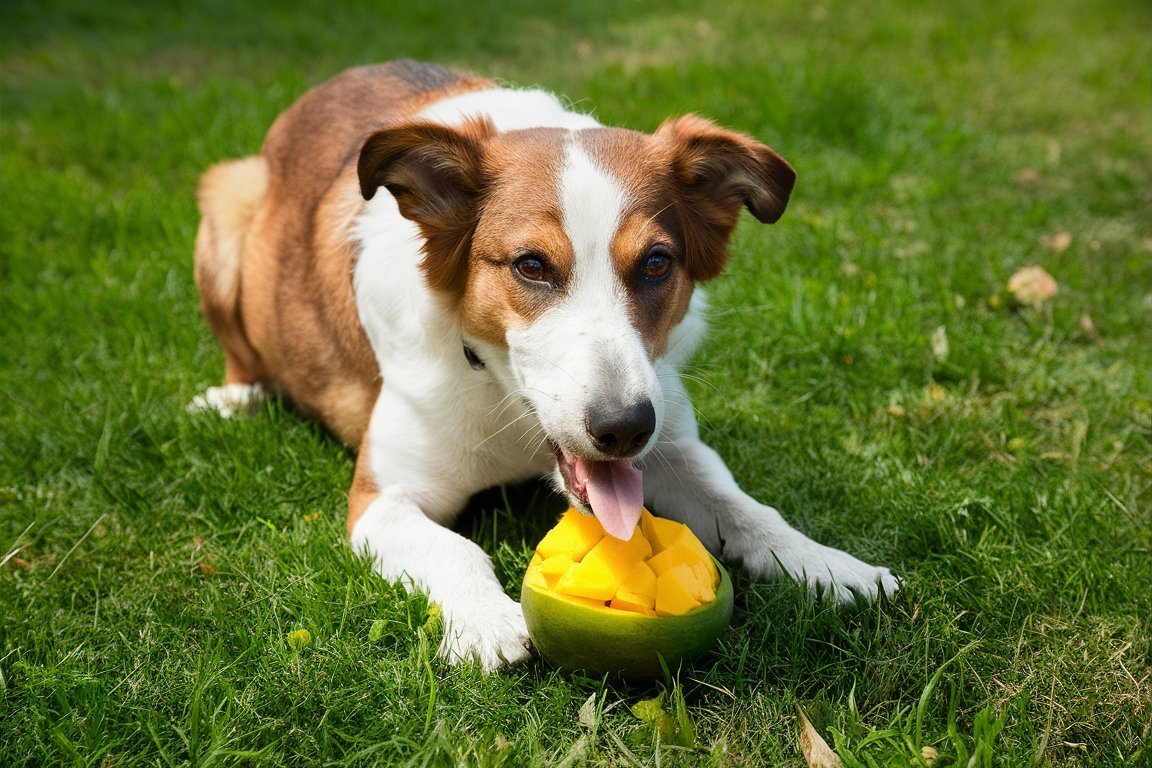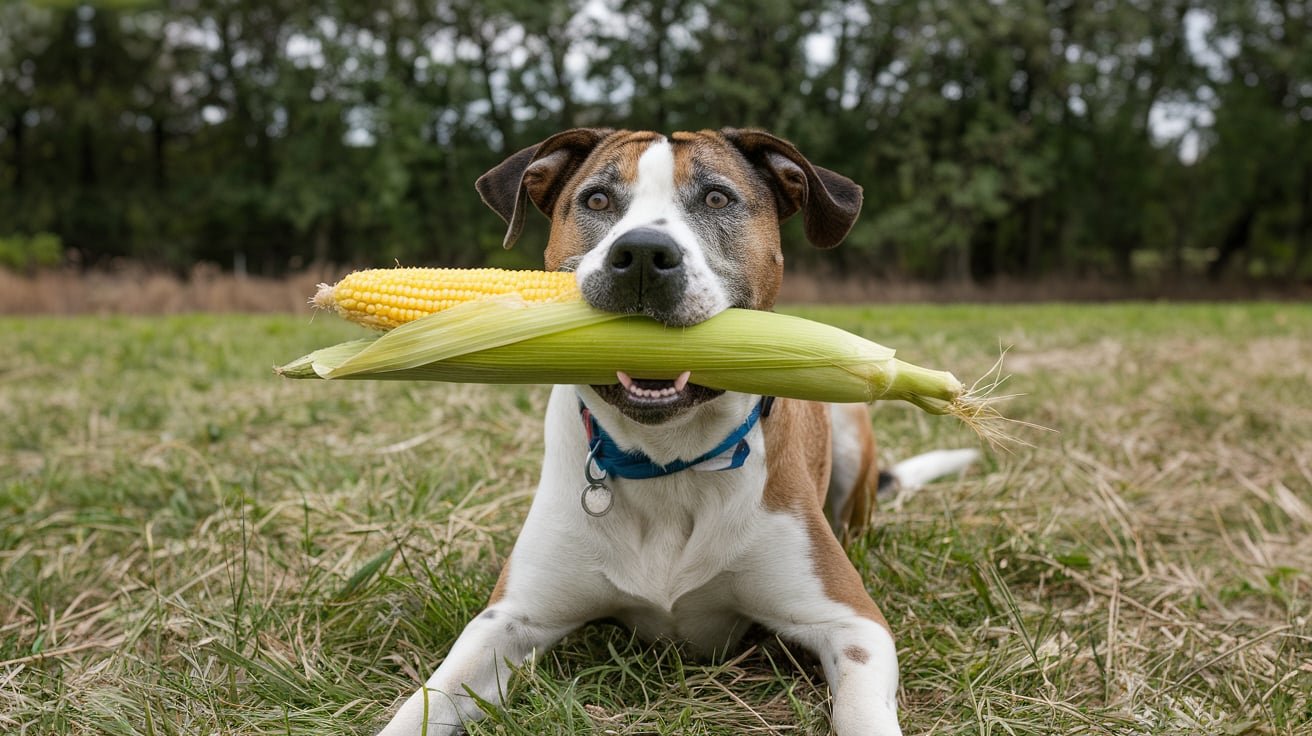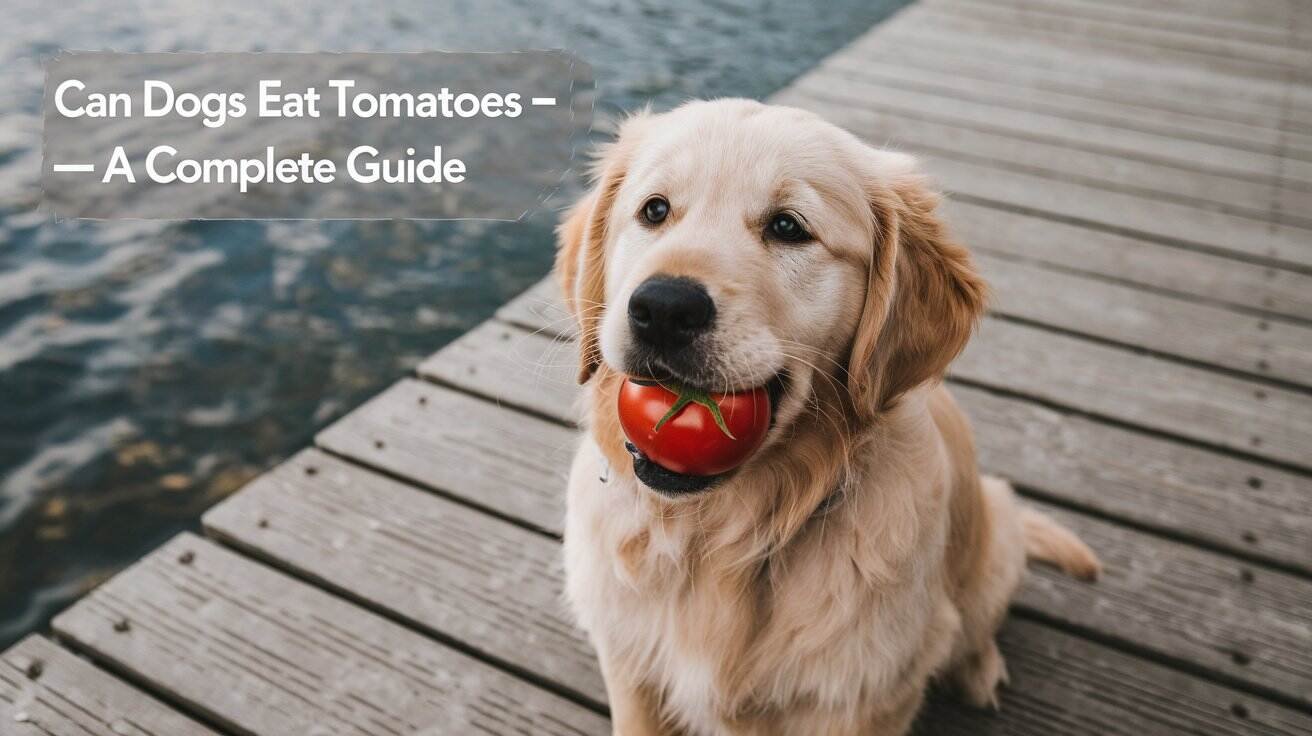Introduction
When it comes to caring for our furry companions, one of the most important factors in their overall well-being is small dog food. Unlike large breed dogs, small dogs have unique nutritional needs that can often be overlooked. As pet owners, it’s essential to understand these needs and choose the right food to keep our small dogs healthy and happy. This guide will walk you through everything you need to know about feeding your little buddy, from selecting the right dog food to understanding the key nutrients they need.
Why is Small Dog Food So Important?
Small dogs, such as Chihuahuas, Dachshunds, and French Bulldogs, have different energy levels and metabolism compared to larger dogs. Their tiny size means they need a higher-calorie diet in smaller portions. Many dog foods aren’t designed with these specific needs in mind, which is why choosing the right small dog food is crucial.
Take Bella, for example. She’s a feisty 8-pound Pomeranian who has always been a picky eater. After trying several brands, her owner found Diamond Dog Food, a special blend rich in protein, vitamins, and healthy fats. Within weeks, Bella’s energy levels improved, her coat became shinier, and she seemed much happier. The right dog food made a huge difference in her overall health.
Key Considerations When Choosing Small Dog Food
1. Nutrient-Dense Formulas
Small dogs need high-quality ingredients in their food to ensure they are getting the nutrients they need. Look for small dog food options that are rich in protein (like chicken or fish), healthy fats (like omega-3 fatty acids), and fiber to support digestion. These ingredients help maintain strong muscles, a healthy coat, and optimal brain function.
2. Portion Control
Small dogs have tiny stomachs, so they require smaller, more frequent meals. It’s crucial to choose dog food that comes in smaller kibble sizes to make eating easier and more enjoyable. These kibble pieces are designed to fit comfortably into their mouths and help reduce the risk of choking.
3. Specific Health Needs
Some small dogs have unique health concerns, such as allergies, sensitive stomachs, or weight management issues. Be sure to look for dog food that caters to these specific health needs. For instance, if your dog has a sensitive stomach, you might want to try a formula with easily digestible ingredients. If they’re prone to weight gain, opt for a low-calorie formula.
4. Tastes That Appeal to Small Dogs
Just like humans, dogs can be picky about their food. If you want to make sure your dog loves their meals, choose a small dog that appeals to their taste buds. Many brands offer flavors like chicken, lamb, and beef, which are perfect for small dogs. Remember that an appealing flavor can encourage better eating habits, leading to a healthier dog.
Step-by-Step Guide to Feeding Your Small Dog
Step 1: Know Your Dog’s Weight and Age
The first step in choosing the right dog food is understanding your dog’s weight and age. Puppies, adults, and senior dogs have different nutritional requirements. Puppies need higher levels of protein to fuel their growth, while senior dogs may require food that’s easier to digest and lower in calories.
Step 2: Select the Right Formula
Once you know your dog’s age and weight, you can begin choosing the right formula. For example, if your dog is a puppy, look for a small dog food labeled as “puppy formula” to support their growth. For adult dogs, choose a food that promotes lean muscle mass and overall health. Senior dog food formulas often contain added joint supplements like glucosamine to support healthy hips and joints.
Step 3: Introduce the New Food Gradually
When you switch to a new small dog food, do so gradually over 7–10 days. Start by mixing a small amount of Wholesome Dog Food with your dog’s current food and gradually increase the new food’s portion while decreasing the old food. This slow transition helps prevent digestive issues and allows your dog to adjust to the new flavor and texture.
Step 4: Monitor Their Health
After switching to the new dog food, monitor your dog’s health closely. Are they more energetic? Is their coat shinier? Are they eating regularly? If you notice any signs of digestive upset, consult your vet. They may suggest another food or an adjustment in portions.
Why Should You Choose the Right Small Dog Food?
Choosing the right dog food can be the difference between a happy, healthy pet and one that suffers from nutrition-related issues. A balanced diet promotes a strong immune system, healthy weight, shiny coat, and good digestion. Dogs who eat olives and other nutritious foods are more likely to enjoy a long and active life, free from chronic health issues.
Take Max, a 6-year-old Miniature Schnauzer, for instance. Max had been overweight and sluggish for some time, but after switching to a specially formulated dog food for weight management, he lost those extra pounds and became much more active. Now, he enjoys playing fetch and running around the park without tiring out so quickly.
FAQs
Can small dogs eat regular dog food?
Small dogs should eat food formulated for their size and metabolism. Regular dog food may not provide the right balance of nutrients and portion sizes needed for small breed health.
How often should I feed my small dog?
Small dogs typically need 2–3 meals a day. The frequency depends on their age, weight, and activity level. Puppies may require more meals, while seniors may need less frequent feeding.
Are there foods for small dogs with allergies?
Yes, there are many hypoallergenic small dog food options available. These foods are made with limited ingredients to reduce the risk of allergies and sensitivities while ensuring complete nutrition.
Conclusion
Choosing the right small dog food is more than just about feeding your dog—it’s about providing them with the best possible nutrition for a happy and healthy life. With the right food, your small dog can live longer, feel more energetic, and thrive in every aspect of life. Whether you’re dealing with picky eaters, allergies, or weight concerns, there’s a perfect dog food option out there to meet their needs. For more expert advice, visit Dogs Daily Hub for helpful tips and recommendations.



